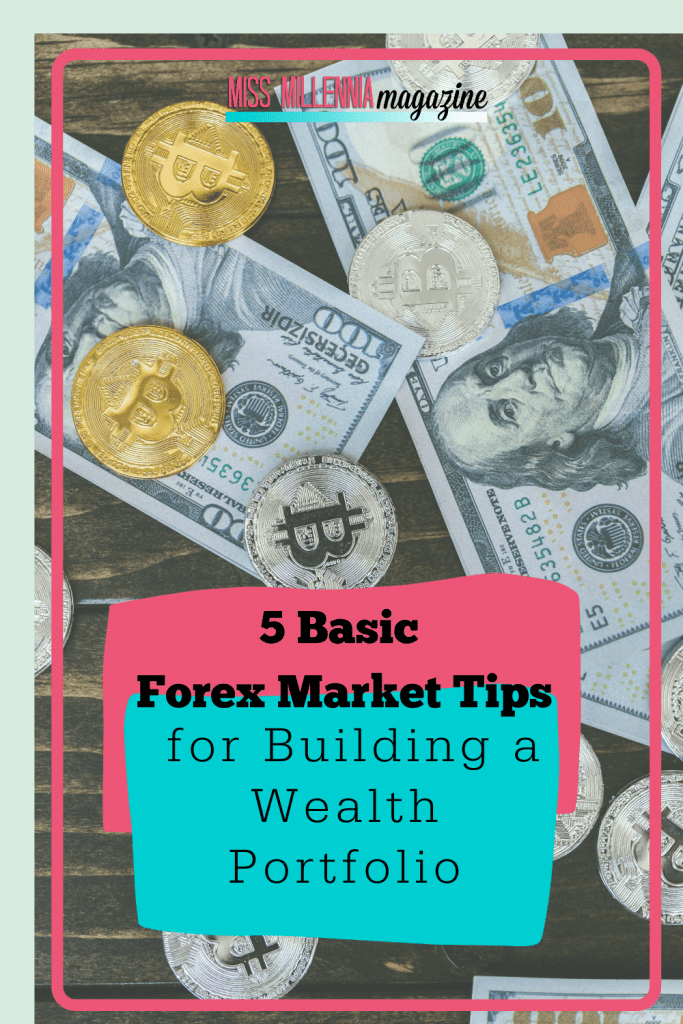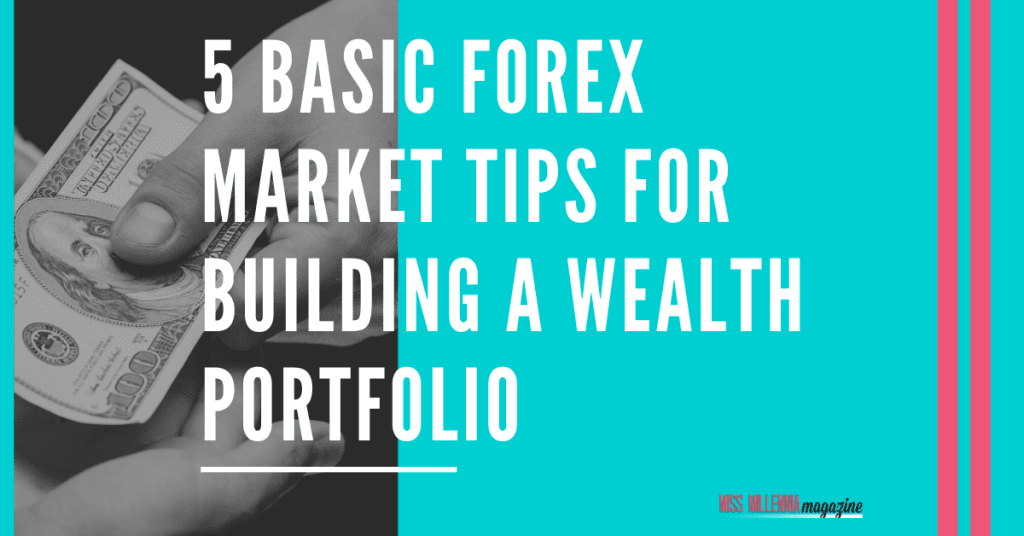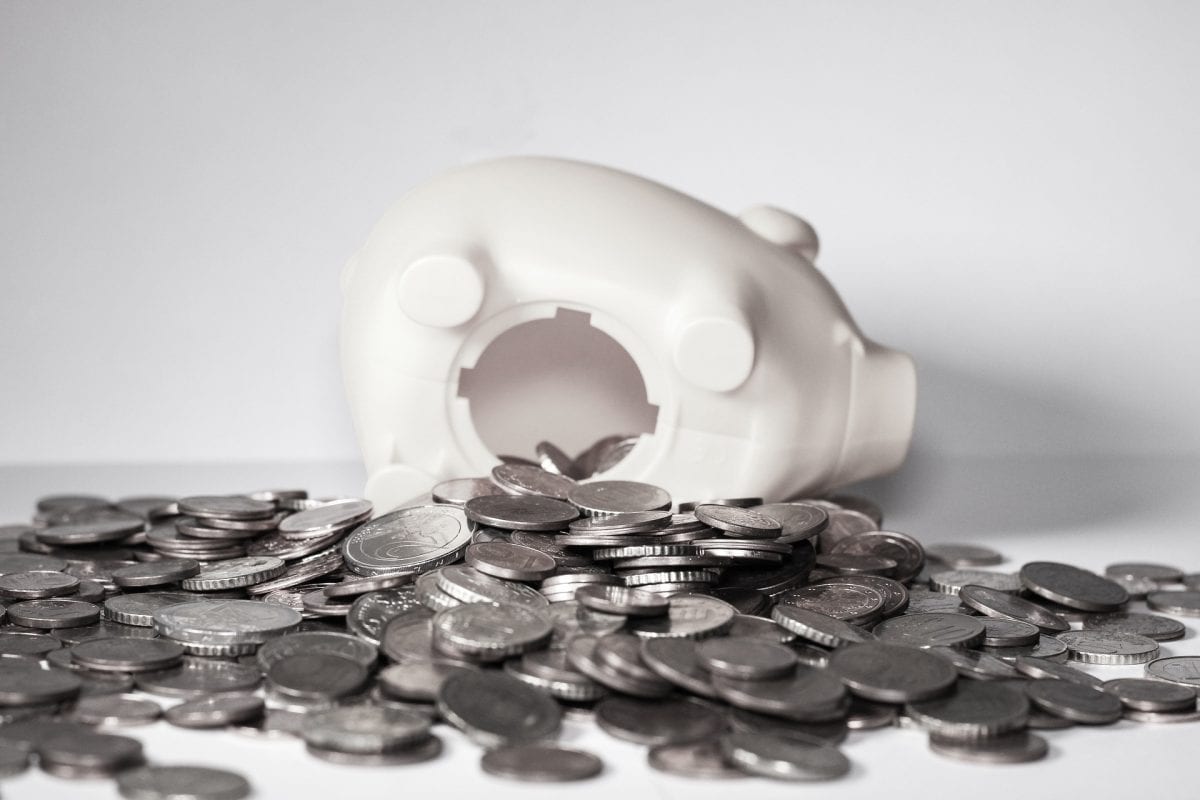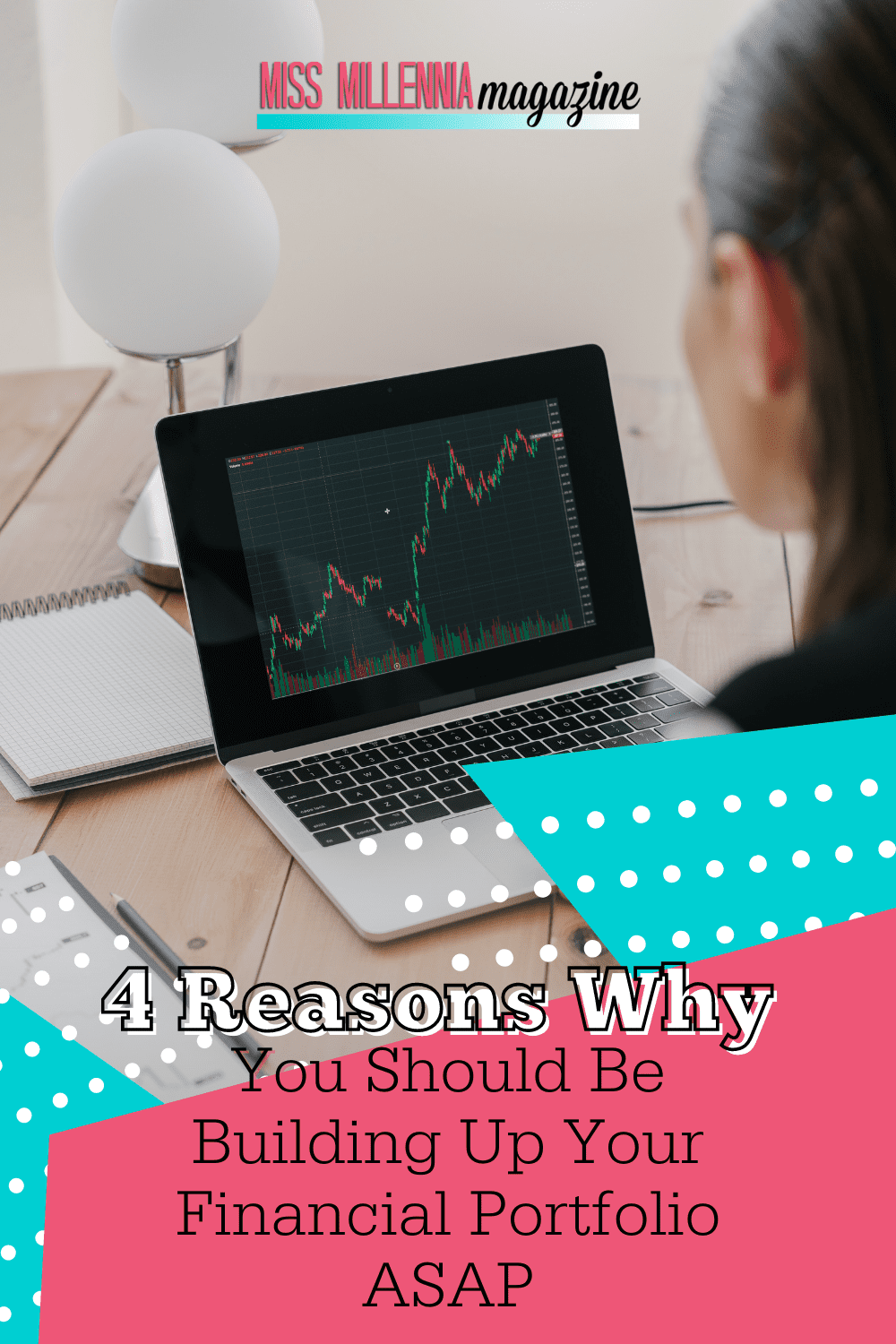5 Basic Forex Market Tips for Building a Wealth Portfolio
Forex trading is the buying and selling of global currencies. It’s one of the largest markets in the world and one of the most popular. The rise in technology and development of the forex trading app has enabled anyone with a smartphone to enter the market, making this trading style one of the most accessible. There are many ways to build a strong portfolio, and here are five essential tips to help you along the way.
#1: Use risk management tools

Traders have no market control – It’s safe to say that traders have no control over how the market moves. When you enter a trade, you must accept that the market’s direction is out of your control. Leave any ego you have at the door when entering any trading market. If you understand that your small footprint in the enormous market isn’t going to alter potential changes, your decisions will be much more informed as you continue the procedure.
Use catastrophic stop-losses – If you find that the market is heavily against you, an automatic order to save a little capital is very smart. That said, it’s a surprising move and should be left as a last resort. Of course, through experience, you will develop mental abilities that can help you cut potential losses at an earlier stage. Still, it’s nice to have the safety net of an automatic order.
Control your position size – Keeping in complete control of your emotions is imperative to every trade you complete. Emotional decisions are usually connected to impulse and building up losses. They are not informative, not calculated, and come with a much higher risk. While the market sometimes acts strange, we can reduce risk with lower exposure.
Wealth Management – How much money to bet on each trade, and in which style (fixed amount per trade or variable amounts with progressive changes)
#2: Only trade money you can afford to lose
This may sound like an obvious point, but countless people make the mistake of not trading with expendable money. Only ever deal with cash can you afford to lose. Unfortunately, many traders, especially in the early stages, ignore this step, thinking nothing wrong will happen to them.
#3: Test your trading model
Individuals develop trading models based on their characteristics, thought processes, temperament, and experiences. Unfortunately, it’s not uncommon for traders to neglect essential aspects due to insufficient knowledge or even their egos or blind belief in self-developed models. Therefore, historical data must be tested against the model to identify errors and avoid real-world losses. Furthermore, backtesting enables you to fine-tune the developed model and strategies by adjusting the set objectives (profit targets, stop-losses, etc.)
#4: Set your trading standards
A trading model is developed by integrating the following features, with varying values, into the model:
- Profit Levels (like pips movement)
- Stop-loss Levels
- Money Management: How much money to bet on each trade, and in which style (fixed amount per trade or variable amounts with progressive changes)
- Risk Management and scenarios analysis consideration, as applicable.
The best good fit may be found by conducting iterative tests and fine-tuning assumptions as results are obtained.
#5: Use leverage

In addition to being, essentially, borrowed money, leverage can either be one of your greatest assets or your most significant liabilities. An advantage is having a large volume of trades with a relatively low capital requirement. But beware, it can be challenging to repay borrowed capital if the leverage is too high, coupled with losses in trading.
What is forex trading?
So what is forex trading? The overview is that it’s the buying and selling of international currencies in a bid to make a profit. Forex trading can also hedge against existing currency bets with the fluctuation of exchange rates.
Forex is the largest market in the world, with the most people actively trading compared with any other market. The numbers are outstanding, with nearly $7 trillion traded in 2019 alone, which continues to rise.
According to the latest triennial report from the Bank for International Settlements, global forex trading stood at $6.6 trillion daily in 2019. This amount corresponds to double the UK’s gross domestic product more than.
Why trade forex?
Forex is traded for several reasons. One of the most common reasons is to gain extra capital against international currencies with varying interest rates. This is a topical subject as interest rates are soaring across the globe, making the forex market an exciting place. Forex is also used to judge the impact of geopolitical events. Political events and natural disasters can change the strength of currencies for varying countries, for better or worse, changing the market and the potential trading gains or losses.
Outside of global events, companies and businesses make use of forex. For example, multinational headquarters in a particular location can use the market to hedge currency risks to help generate capital in various subsidiaries across the planet. Forex is also a great way to diversify an investment portfolio. As the market is open 24 hours a day, from Sunday evening to Friday, traders can react to events in certain countries that may not have yet seen the impact on the stock market.
There are no physical currency trading exchanges for forex trading, meaning it’s an ‘over the counter‘ (OTC) way of trading. Instead, a global network of banks and other financial institutions oversees the markets. Technological advances have allowed more traders to enter the market without requiring the knowledge usually possessed by a broker.
Therefore, choosing the right broker for Forex trading is crucial. A good broker should offer a secure platform, competitive spreads, and a wide range of assets and provide education and support to help. Exness, RoboForex, and IC markets are good for traders to start.
Exness is a good broker by many traders and industry experts. Its user-friendly platform, competitive spreads, and range of educational resources make it easy for traders to get started in the Forex market. In addition, many online platforms and forex trading apps can be accessed directly from your smartphone, making market accessibility as convenient and easy as ever.









